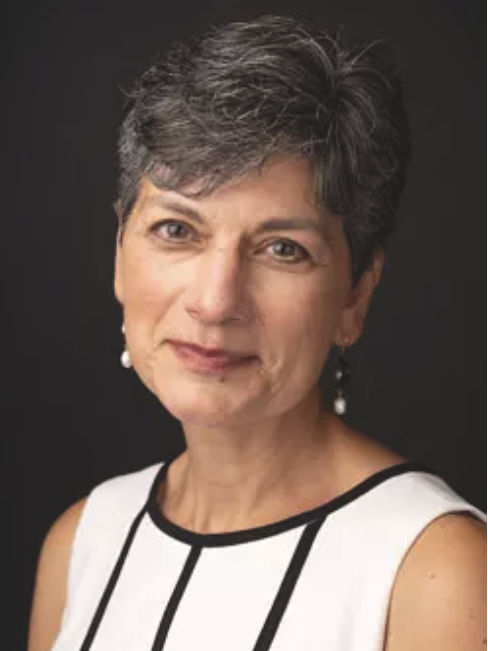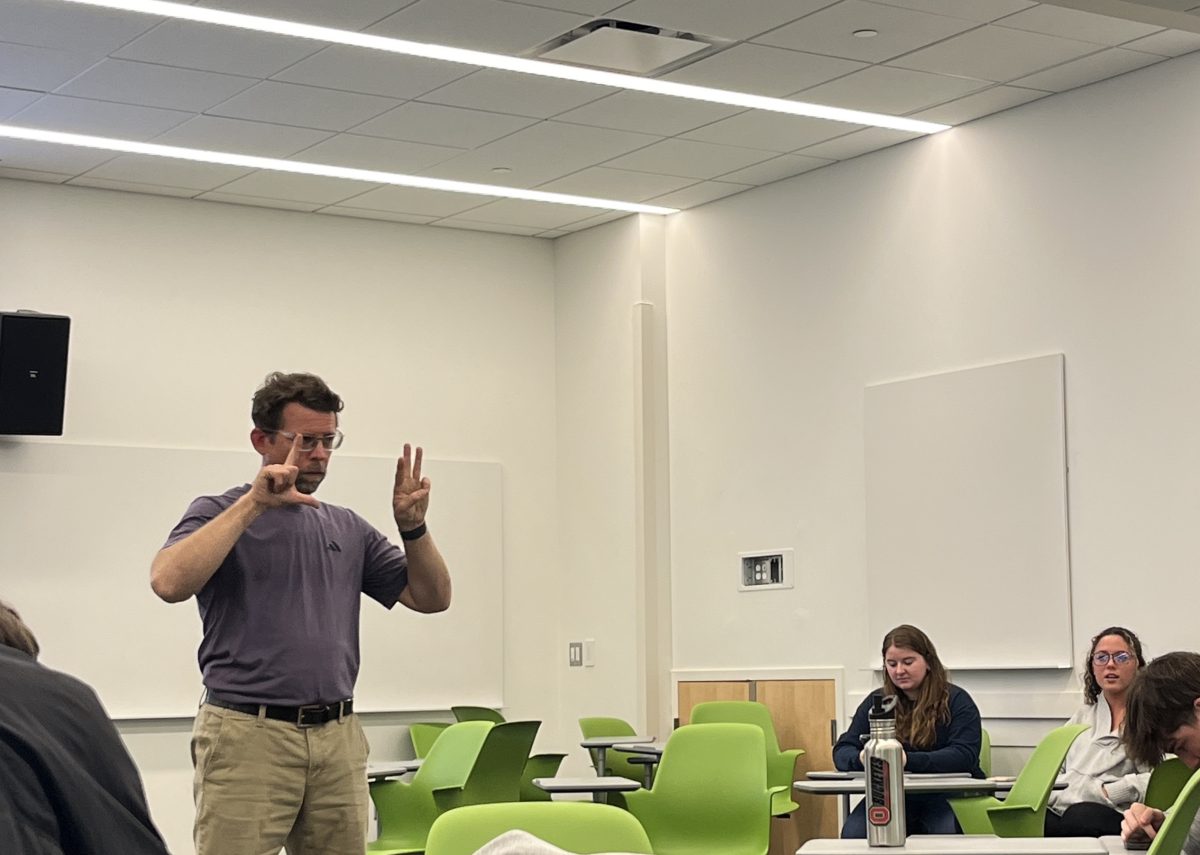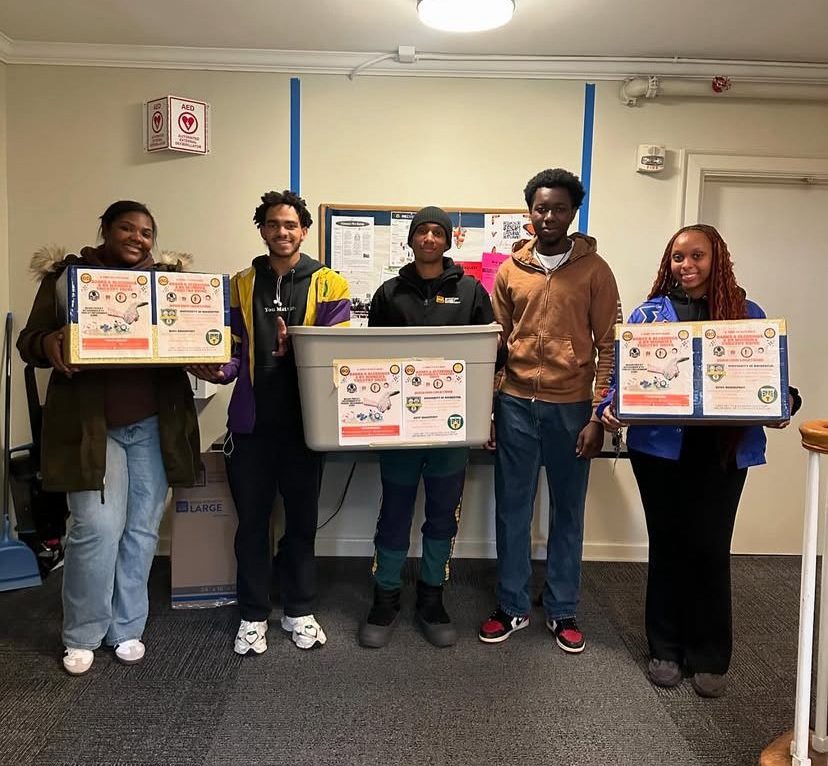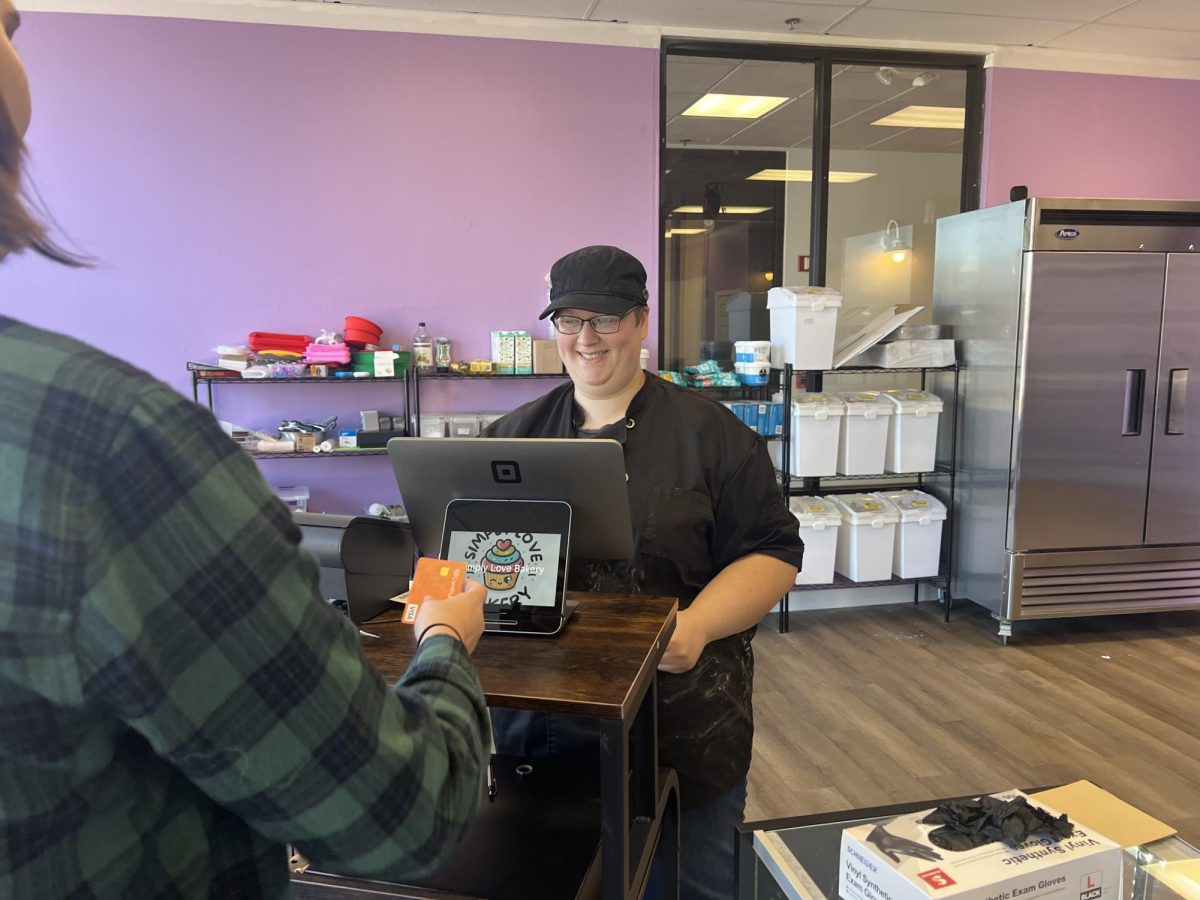By MaryJo Nuzzo and Ellie Hettel
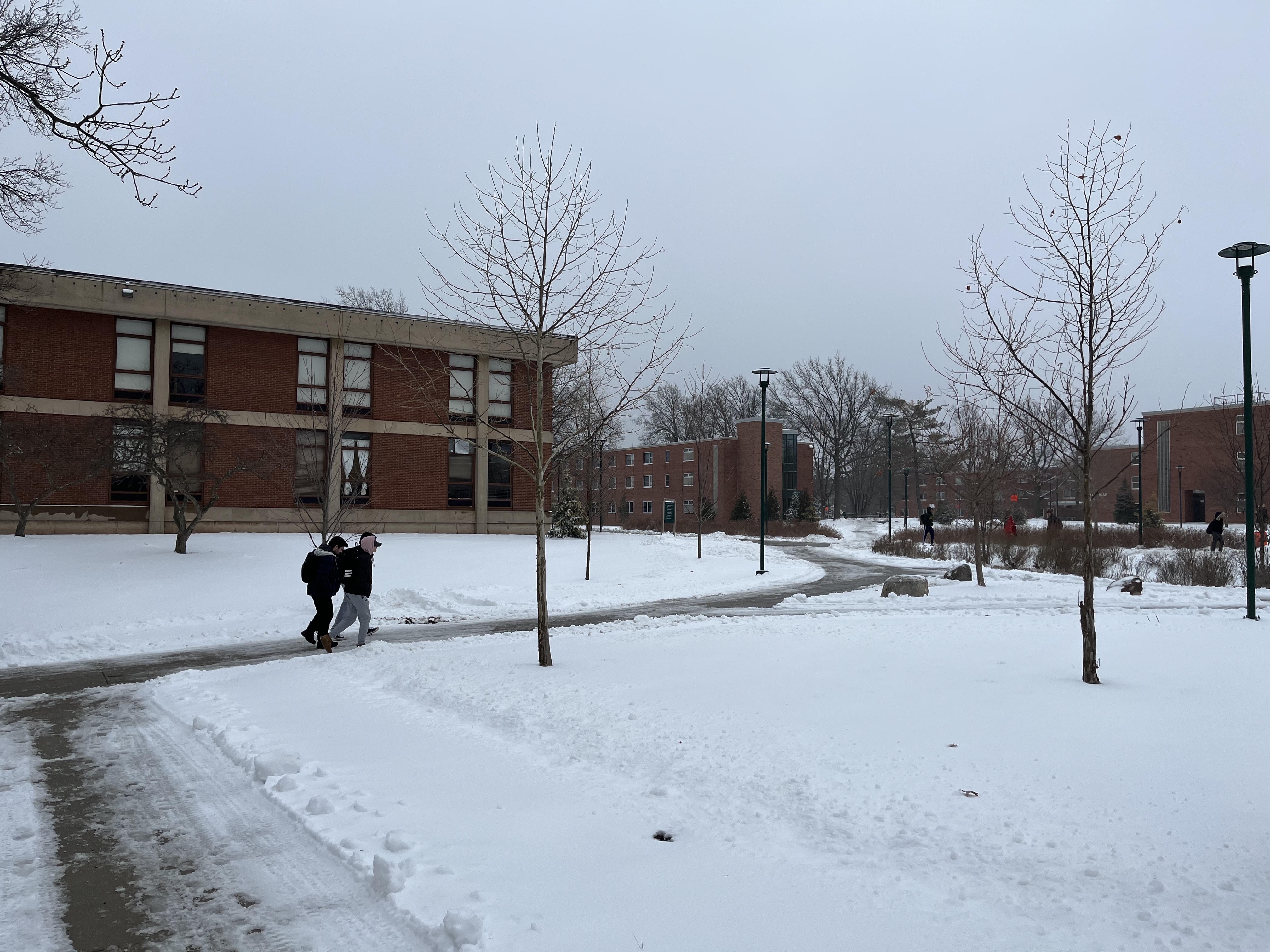
Victims of sexual violence are often silenced. They are told to keep quiet, they’re afraid to report or don’t know who to turn to.
According to the American Civil Liberties Union (ACLU), one in three survivors of sexual violence feels less safe after contacting the police. Survivors also face punishment for filing complaints. They are shut out by their communities or accused of lying and even prosecuted for false reporting. According to RAINN, only 25 out of 1000 rapists are imprisoned. The fear of not getting justice, being cast out by a community, or being harmed again by an attacker is an outcome that many survivors consider.
According to the RAINN, sexual violence is the most prevalent crime on college campuses. There are two sexual assaults for every robbery. SUNY Brockport has many resources available to its students to allow them to feel comfortable and safe when reporting cases of sexual violence. According to SUNY Brockport’s Title IX Coordinator, Denine Carr, there have been 31 cases of sexual assault and 47 cases of sexual violence on and off SUNY Brockport’s campus as of 2021.
“We’re actually the same in terms of student disclosures for sexual violence as 2019, I believe. Even though we still have fewer students on campus. Interestingly, in fall of 2022, the numbers were lower, even though we had more students on campus in 2022 than we did in 2021,” Carr said.
Title IX is a federal civil rights law that protects people in education programs from discrimination based on sex. Discrimination based on sex may include sexual harassment, sexual assault, dating violence, stalking, and more.
Every school, K-12, university, etc. must have a Title IX coordinator.
“I’m not an advocate, but it’s my job to follow up whenever anybody who has disclosed that type of behavior (sexual violence),” Carr said. “We let students know that when they disclose New York State law, the Enough is Enough Law says that students should generally be in the driver’s seat regarding whether or not they want us to investigate,” Carr said.
The law is clear about student rights. Students are entitled to decide whether to disclose a crime or violation and participate in judicial or conduct processes, free of outside pressure from the university. Students are almost always completely in charge when it comes to deciding whether they and Title IX need to move forward with an investigation. If the Title IX policy has clearly been violated then there is an exception to proceed with an investigation even if the victim does not want to. That would be prevalent in a situation where for example, a weapon is used.
“Where there has been an escalation of violence or what has been reported is serious enough that we are concerned for the safety of the person or the community, are the situations where we move forward even though the person doesn’t want us to,” Carr said.
Victims of sexual violence often believe that the incident is their fault and they feel ashamed or embarrassed. According to Resilience, Advocates for Ending Violence, the most prevalent response to survivors of sexual violence is “Why didn’t you just fight it?”, “Why didn’t you say no?”, “Why didn’t you leave the situation?” These victim-blaming questions suggest that the victim is at fault for what happened to them.

“They oftentimes need to process what happened before they can put a label on what happened… most people do not want to take any action, it is a big emotional investment, it’s hard work to talk in detail about what happened,” Carr said. “We ask very detailed, very specific questions because we must look at what we’re investigating, and then if the matter goes to a hearing and we’re making a decision about whether or not our policy was violated, we have to determine whether or not there was formative consent. So, it is very personal information,” Carr said.
Explaining a traumatic experience to get justice can take a serious toll on a survivor’s mental health. Students who come forward have so much to consider. At that moment, they are more than likely trying to process the situation that just happened and while doing this trying to focus on classes, social circles, and getting on with their lives all while having such an emotional investment if they choose to go on with an investigation.
Survivors can receive support from resources including counseling and medical attention. Hazen Health Center on SUNY Brockport’s campus provides on-site medical care, legal, and campus conduct reporting and counseling services as well as links to off-campus services.

Hazen Health Counseling Center’s Associate Director, Darlene Schmitt, has helped countless students over her past 20 years with the university and Hazen Health.
“Our (Hazen Health Counseling Center) primary role is to be a confidential space where students can report this and then get the support and help that they need,” Schmitt said.
According to the Institute of Advanced Psychiatry, counseling after an experience of sexual violence can aid the victim in moving past the trauma, reclaiming their sexual health, and taking back their power.
“We’ll offer counseling and support. We review the Title IX reporting form, which outlines all of their options so they can go through student conduct if it was another student they are alleging assaulted them. We can refer them to Restore which is formally Rape Crisis. We have an advocate (from Restore) on campus a few days a week so we can refer the student to them,” Schmitt said.
Hazen Health Center is a confidential resource for students.
“If they (the victim) choose not to do anything and they just want to come to talk to somebody, we respect that we don’t report it to Title IX,” Schmitt said.
Victims of sexual violence are often silenced, but as more colleges and universities like SUNY Brockport respond to the growing crisis, more victims may find their voices.




















